From 4 Publications in 2020 to over 40 in 2023: My Experience Publishing in Peer-Reviewed Journals
with 17 lessons learnt along the journey and how you can do much better.
Hello friends. Nice to connect with you again. Many thanks to the thousands who read my last post on how I moved from Nigeria to Hong Kong amid the pandemic. This week, I will be sharing the lessons I have learnt so far from publishing in peer-reviewed journals.
Well, I have not always been in the academia. After receiving my Bachelor’s degree from LAUTECH in 2011, I practised in the clinical and administrative areas of nursing in Nigeria for nine years before officially moving to the academia in 2020. The four publications I had in 2020 were inspired by my MSc program at the University of Ibadan and our early scholarly activities when we started the Institute of Nursing Research (INR) Nigeria in 2016.
These are the lessons I have learnt so far in my publication journey:
1) Start from where you are: In the picture below, from one of my presentations at the INR journal club, I have always encouraged everyone to start with what they have.
You don't have to wait for award-winning research to submit for publication in a top journal. Start from where you are.
2) Do not stay where you are: While you can start from where you are, do not stay there. While my first publication in 2016 was a narrative review, my first systematic review was accepted for publication in 2022. It can only get better. Improve your methodologies.
3) Every paper has a home: Prof. Bunmi Ogungbe mentioned this at one of the INR journal club meetings she facilitated in 2021. That a journal rejected your paper is not an excuse to throw the paper in the bin.
4) Do not take a 'NO' for an answer: My first systematic review from the first phase of my PhD was rejected by four good journals …laughs. It is funny now, but it was not funny then at all. In fact, I had to conduct the search all over again when it was already getting 'outdated' before acceptance. Did I give up? Giving up was not even an option because I needed two good papers from my PhD published in high-impact journals to graduate. I mentioned this in my post on lessons learnt from my MSc and PhD.
5) Keep aiming higher: That a high-impact factor journal rejected your work does not mean you should submit it to a low-impact factor journal; so far the paper is a good one, though this might be an option for studies that are not high up there. My systematic review from my PhD was eventually accepted in one of the first five journals in nursing worldwide in 2022.
6) Do not take reviewers' and editors' comments personally: Not every reviewer is nice…laughs. Some can be very nasty with their comments. But I am always very humble in responding. Even if I do not agree with your comment, I will carefully explain why I am not implementing the suggestion. Well, so far my paper is published, I am good to go!
7) Believe you can: Everyone who listens to me at INR Journal Club will be familiar with this quote that I coined during my PhD.
If you are not careful, the challenges you will encounter during the publication journey might make you doubt if you will ever become a prolific writer. But always remind yourself that:
8) Collaborate widely and wisely: My years of experience working in Nigeria and the rich network I have built over the years have been helpful in my publication journey. I could not have come this far alone. I am surrounded by like-minded scholars who love this journey, and we support ourselves through the process. However, do not just collaborate; collaborate widely and wisely.
9) Be on the right team: Do not be a local champion. Try to reach out to people who know more than you.
10) Shut yourself away from distractions: There is a 'state of mind' or 'mode' I get to in writing that I will call the 'creator's mode'. That is the state of mind where we 'create' and receive inspiration. Any little distraction cuts me off that plane, so for very crucial and high-level writing, I stay off the internet, as I said in the tweet below:
11) Utilise social media: While you need to be away from social media to launch the 'creator's mode', you seriously need social media. I have many collaborators that I have not even met physically. I met many from LinkedIn and X (formerly Twitter). Also, do not forget to share your research on your social media accounts and research platforms: ORCID, Scopus, Google Scholar, Loop, Web of Science, Research Gate, etc. You can click on those links to follow me.
12) Be an effective team member: I am not just eager to publish for my name to come up on any paper; I make sure I contribute actively to the process. Everyone I have collaborated with will always want to work with me again because I give my best. If you are fond of not contributing well to the process, no one will invite you again, laughs…
13) Mentor others: While I cannot say I know everything, I make sure that the little I know, I teach others. We do this wholeheartedly at the INR Journal Club. You can join us. Email us at info@inrnigeria.org.
14) Motivate yourself by keeping the future in focus: During the first year of my PhD, I knew what I wanted after my PhD, and I knew that my publication profile was not going to get that. That was enough motivation to fire on. Though it meant working to the dead of the night and even on weekends, looking back, I think it was worth it.
15) Surmount the hurdles: It is painful that scholars from a low- and middle-income country (LMIC) like Nigeria have a lot of hurdles to surmount. The World Bank does not classify us as a low-income country (despite the financial challenges…laughs). We are classified as an LMIC, which has serious implications for scholars. Many open-access journals will give us just a 50% discount; 50% of 2500 USD is still very huge in Nigeria…laughs. Scholars from Ghana, Kenya, Ethiopia, etc., will have a 100% discount because they are low-income countries. No wonder, many will like to JAPA (relocate in the Nigerian parlance) #JusticeforNigerianscholars…laughs
Nigerian scholars, to surmount this, you can collaborate with scholars from other African countries to get the full waiver, or write to some journals to give you the full waiver (some will), or collaborate with researchers from high-income countries whose institutions cover the publication cost (only a few in Nigeria that I know do this), or try to win grants to cover the publication cost.
16) Attend conferences: Conferences like the upcoming INR conference will help you meet more researchers you can collaborate with while developing further research interests. You do not want to miss it. Register here.
17) Ask for God's help: Last but not least, I believe the Holy Spirit, our great teacher, knows all things. He can teach you.
P.S. Which of these tips resonates with you? You can also share any other lessons, concerns or challenges in the comments section.
To collaborate with me, you can email me at oakingbade@cuhk.edu.hk
See you in the next post.
Affectionately,
©Dr Oluwadamilare Akingbade- The Nurse Researcher



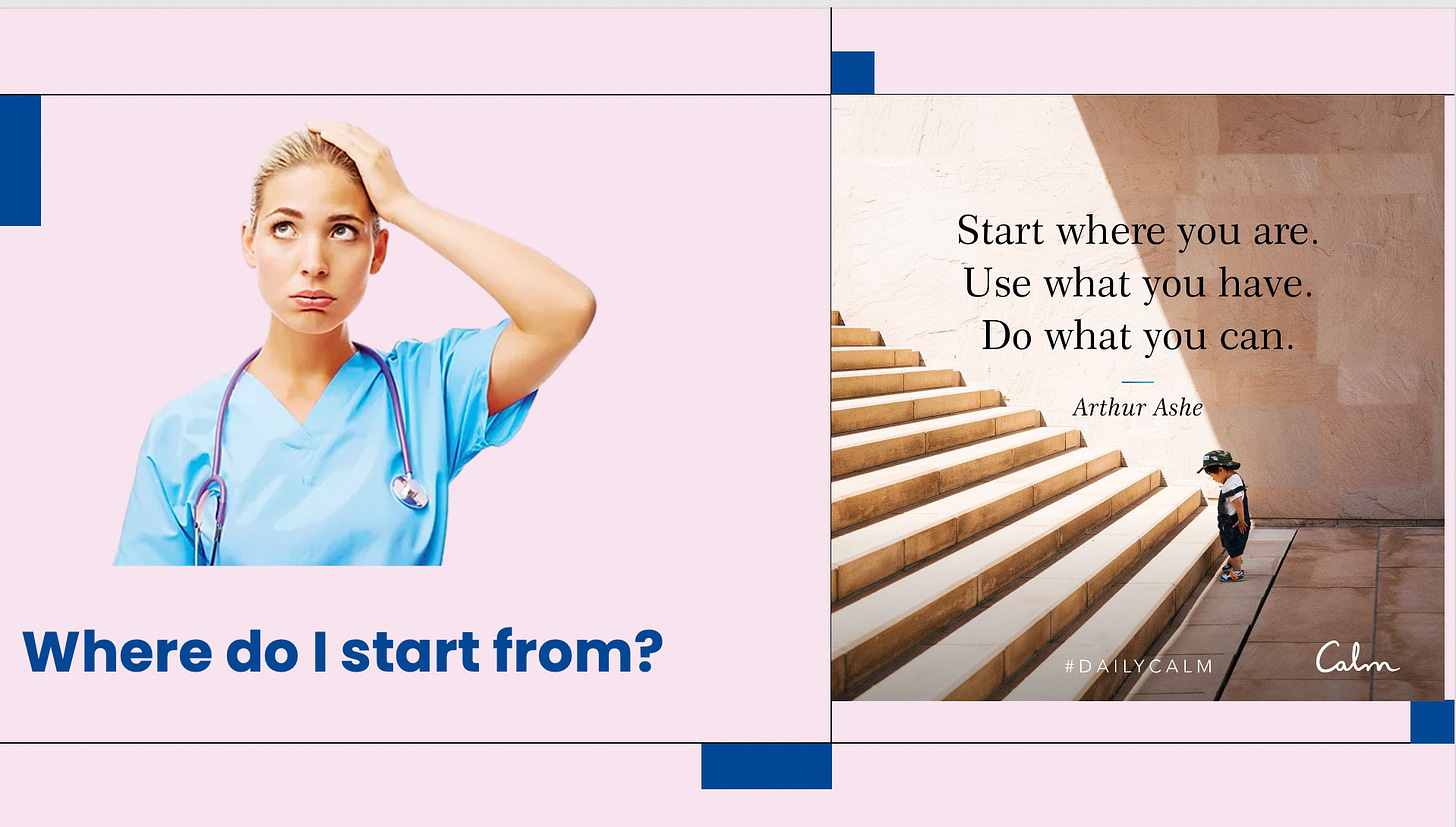
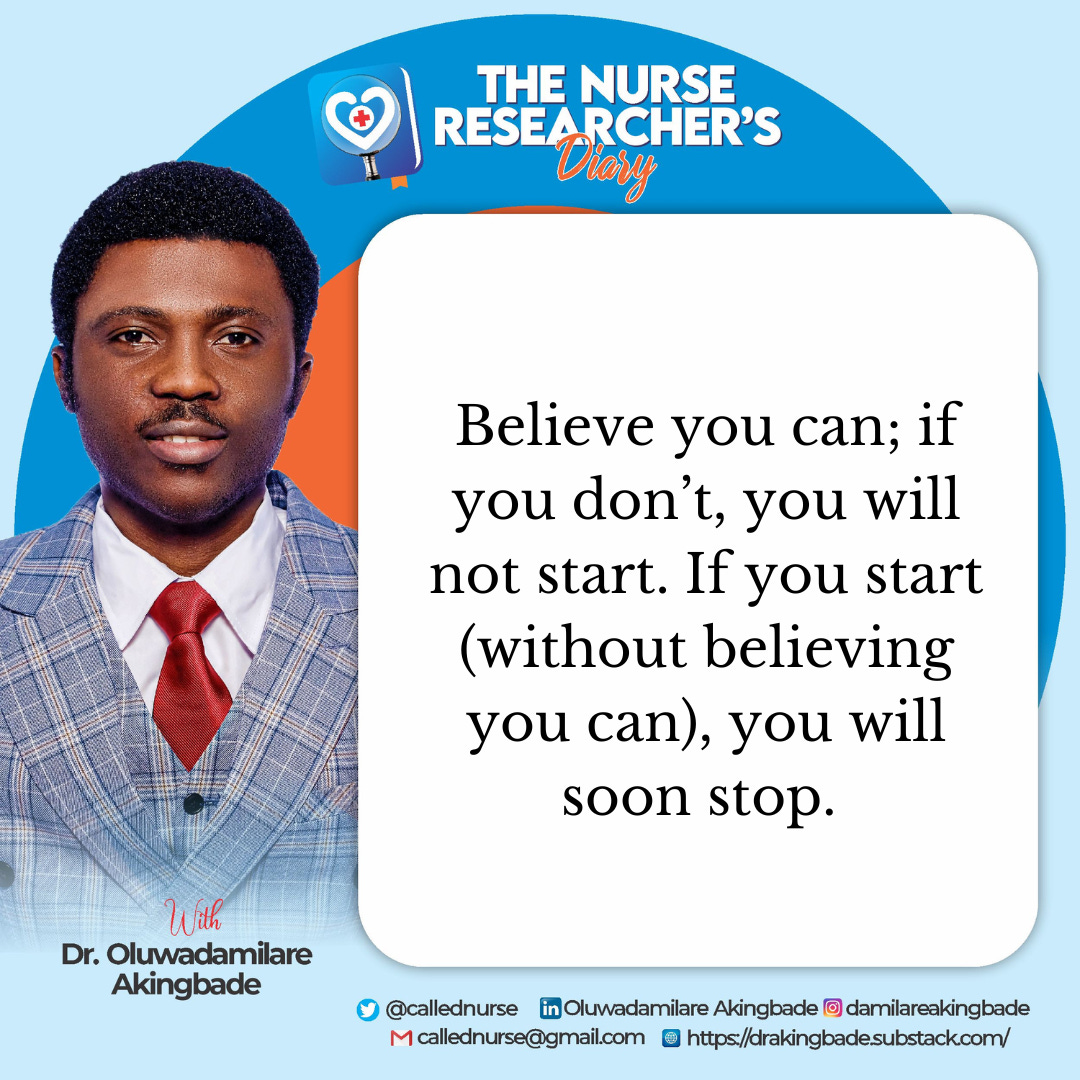
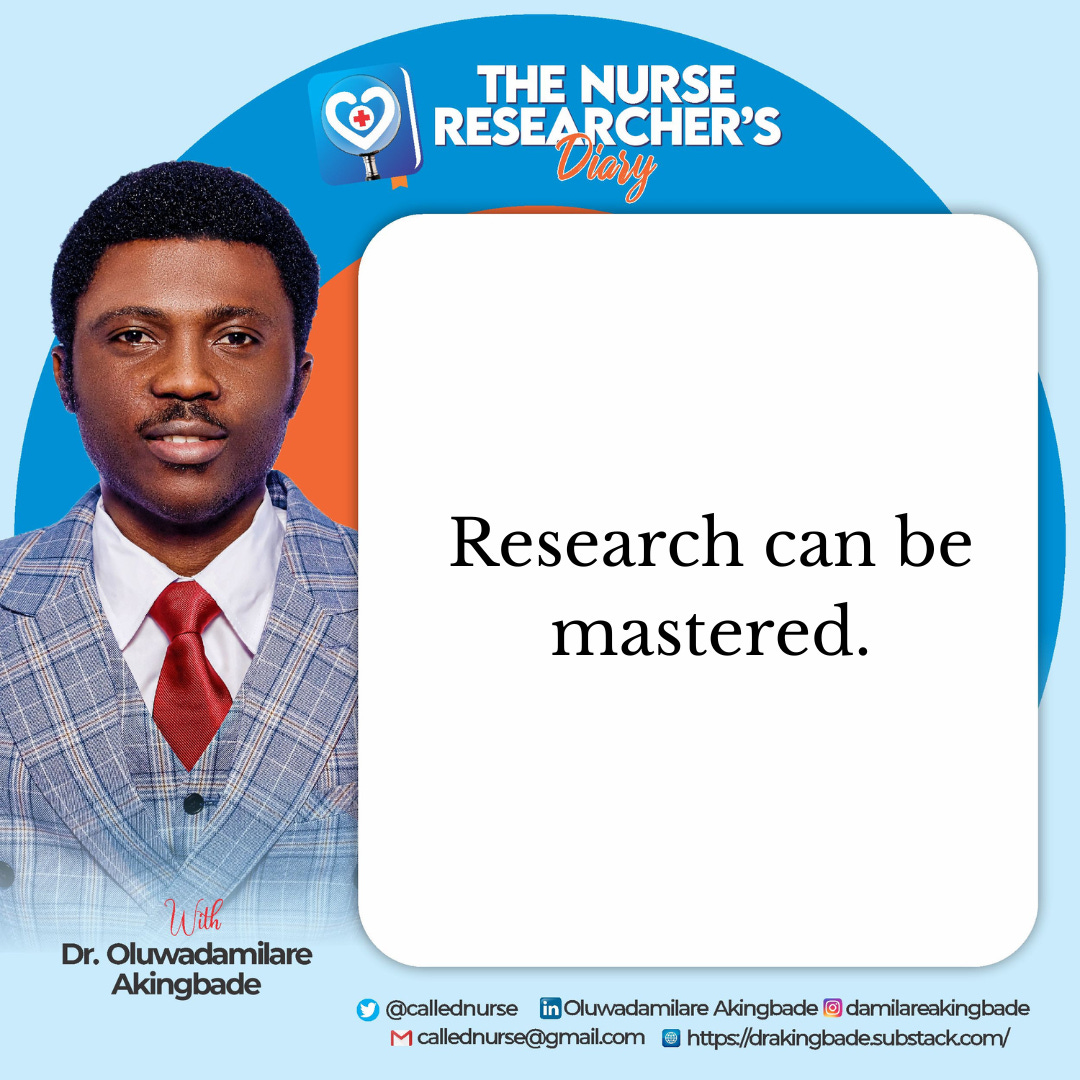
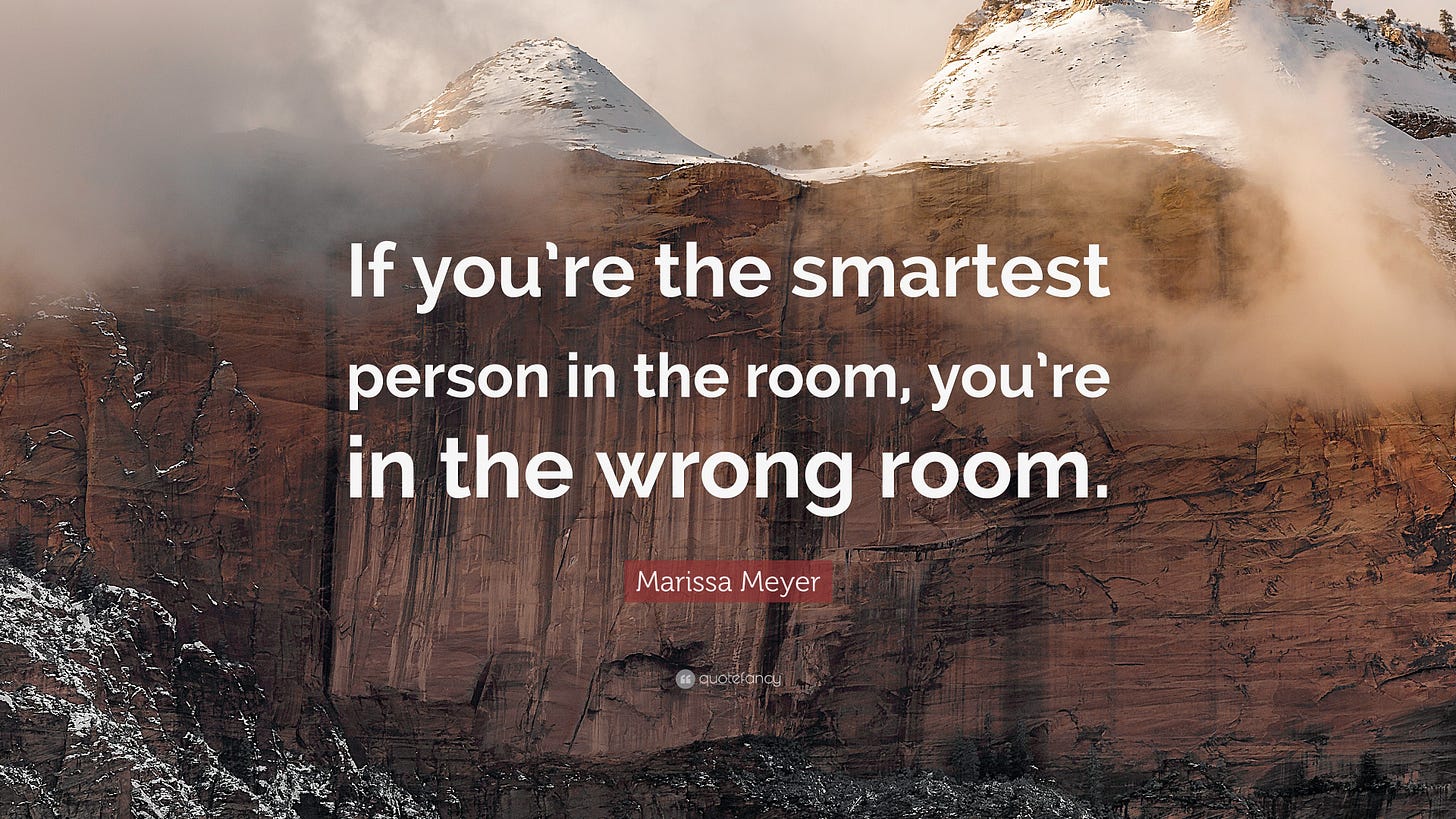
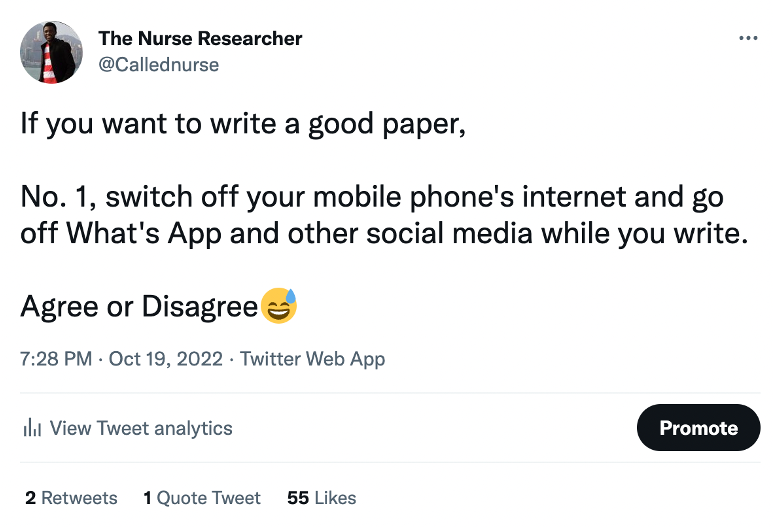
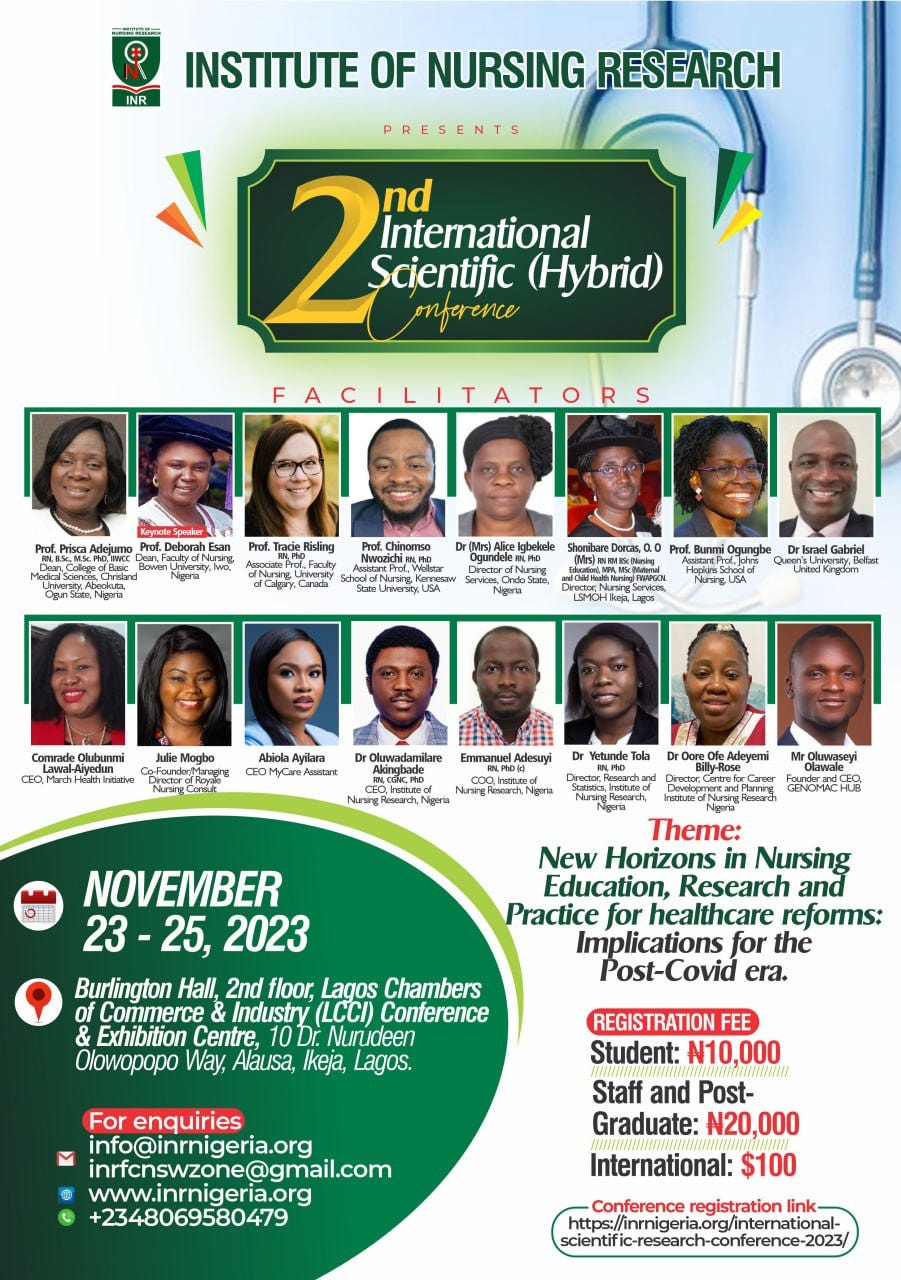
Thank you so much for sharing your experience. This came in at the right time for me!
Thank you so much, Dr. Akingbade for sharing your experience. I need to work on these 17 points going forward.
While reading this post, I kept thinking about how you were able to manage your time effectively, considering the work load in graduate school and also being an effective team member.
I look forward to reading your time management strategies soon.
Thank you for being an inspiration Dr. Akingbade!